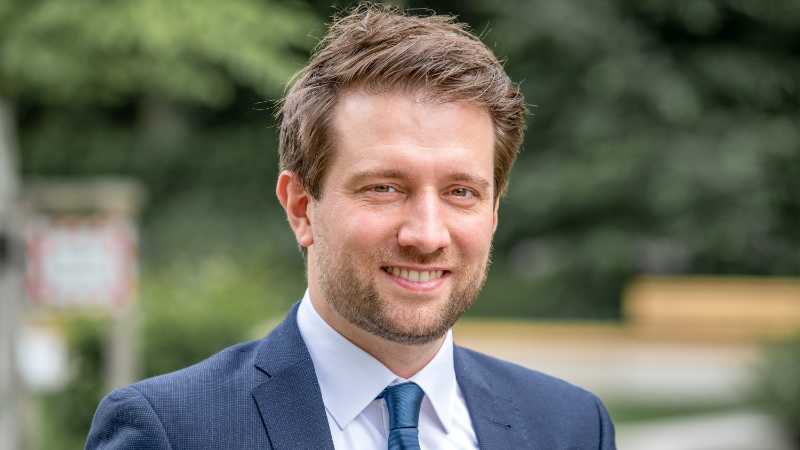Jakob Nikolas Kather Group
Clinical Artificial Intelligence

We are the research group Clinical Artificial Intelligence: a young, diverse, and interdisciplinary group of scientists. We use computational methods to extract actionable knowledge from clinical routine data. Our main tools are Artificial Intelligence and Computational Modeling. We combine these tools with a clinical perspective on health and disease. Our main area of expertise is precision oncology of solid tumors, including immunotherapy. We are global thought leaders in the area of predicting clinically actionable properties of tumors directly from routinely available histopathology slides.
The amount of routinely available data in oncology is massively increasing. Currently, we are not using this data for clinical decision making. At the same time, in data science, we are witnessing an exponential increase of state-of-the-art deep learning (DL), especially self-supervised models, transformers and generative models. In just five years, these algorithms have massively pushed the boundary of what was technically feasible to completely new levels. However, as the fields of medicine and data science evolve faster and faster, they are becoming increasingly disconnected. Without structured efforts, it is hard to keep up to date in both fields. Our lab’s mission is to build an interdisciplinary space in which young biologists, medical doctors and computer scientists collaborate and co-develop ideas and methods for improved clinical decision making in cancer.
Future Projects and Goals
Developing multi-modal Artificial Intelligence systems for new biomarkers in precision oncology. We focus on histopathology and radiology image data and routinely integrate it with other data types, e.g. genomic data. We are also actively using new technologies in non-medical fields and using them to solve unsolved medical research questions.
Methodological and Technical Expertise
- Computer Vision
- Computational Pathology
- Machine Learning
- Artificial Intelligence
- Radiomics